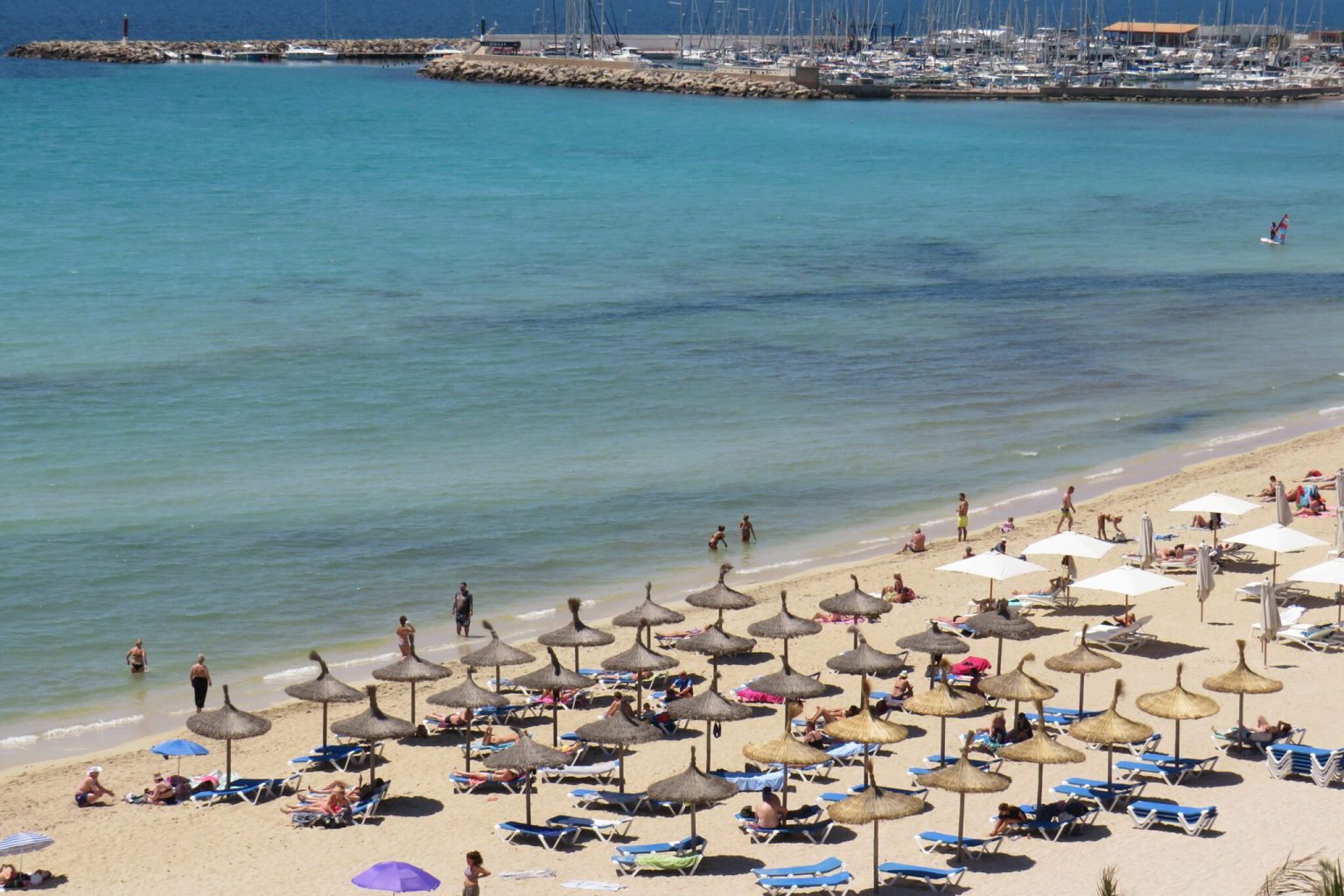Mallorca residents recently held a large demonstration against mass tourism, with over 20,000 protestors marching in Palma de Mallorca calling for more affordable housing, fair wages, better conservation of natural spaces, and respect for local culture. Despite the protests, the popularity of the destination remains high, with international flight bookings for Mallorca and Barcelona increasing for July and August. The ongoing tension between residents and the tourism industry highlights the impact of over-tourism on local communities.
On the other side of the travel industry, business travel spending worldwide is projected to reach an all-time high by the end of 2024, exceeding pre-Covid levels for the first time. The Global Business Travel Association anticipates that global business travel spending will hit $1.48 trillion by the end of the year, with 68% of business travel managers reporting increased spending compared to last year. The association predicts that global business travel spending will surpass $2 trillion by 2028, signaling a strong recovery for the business travel sector.
Delta Air Lines faced significant disruptions recently, with roughly 20% of its schedule canceled due to an IT outage. CEO Ed Bastian acknowledged that the airline’s crew scheduling system was overwhelmed by the number of changes caused by the outage, leading to ongoing issues in locating crew members. While Delta continues to grapple with the aftermath of the IT outage, competitors like American Airlines and United Airlines have been able to restore their operations. The challenges faced by Delta highlight the importance of robust IT systems in maintaining efficient airline operations.
The clash between tourism and local communities is not unique to Mallorca, as popular destinations around the world struggle to balance the economic benefits of tourism with the preservation of local culture and resources. As travel continues to recover from the impact of the Covid-19 pandemic, destinations will need to address the concerns and demands of residents to ensure sustainable and responsible tourism practices. The protests in Mallorca serve as a reminder of the importance of community engagement and collaboration in shaping the future of tourism.
Business travel is expected to play a significant role in the recovery of the travel industry, with projections indicating a strong rebound in spending levels by 2024. The increase in business travel spending reflects growing confidence in economic recovery and the resumption of corporate travel activities. As companies prioritize face-to-face meetings and business engagements, the business travel sector is poised to experience a period of growth and expansion, contributing to the overall recovery of the travel industry post-pandemic.
Overall, the travel industry continues to navigate challenges and opportunities as it emerges from the Covid-19 pandemic. From tensions between residents and the tourism industry to the projected growth in business travel spending, the sector is experiencing a period of transformation and adaptation. As travelers return, destinations, airlines, and businesses will need to innovate and collaborate to meet changing demands and expectations, ensuring a sustainable and resilient future for the travel industry.


